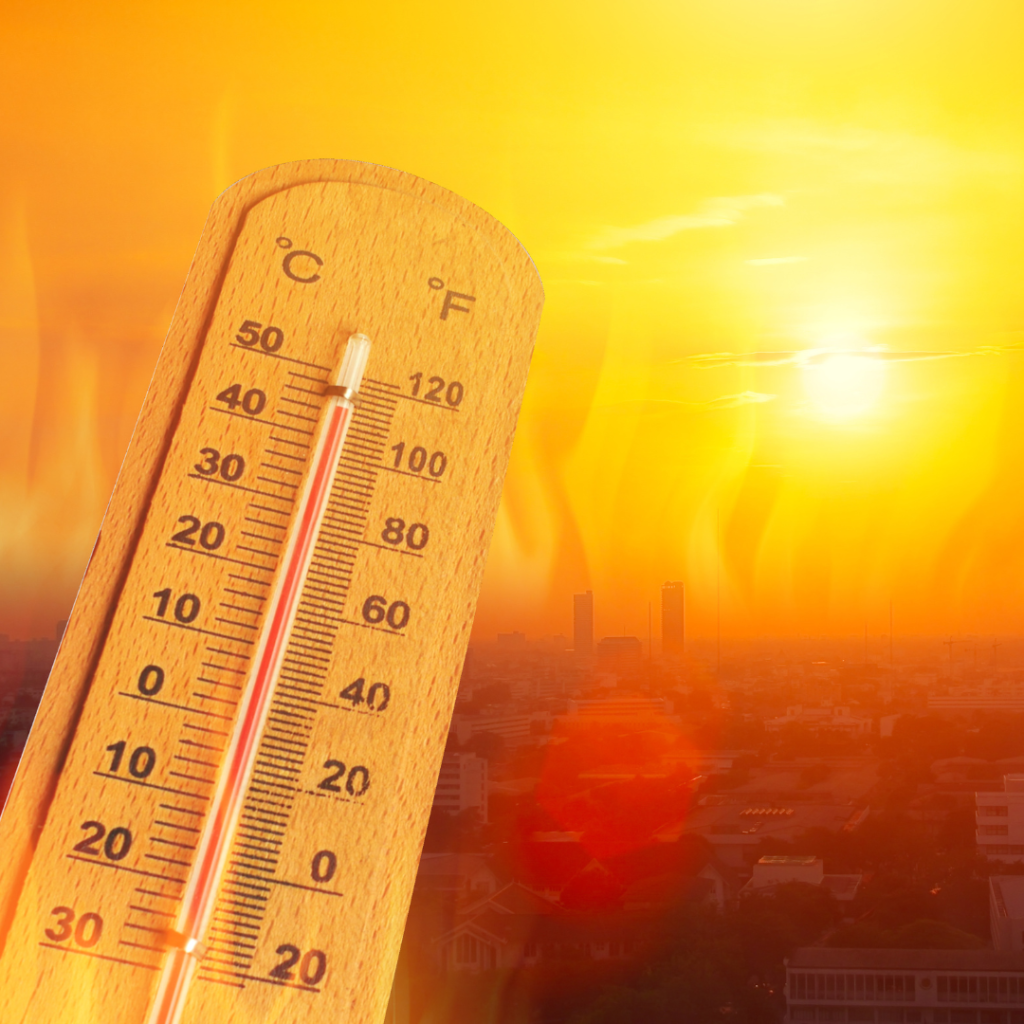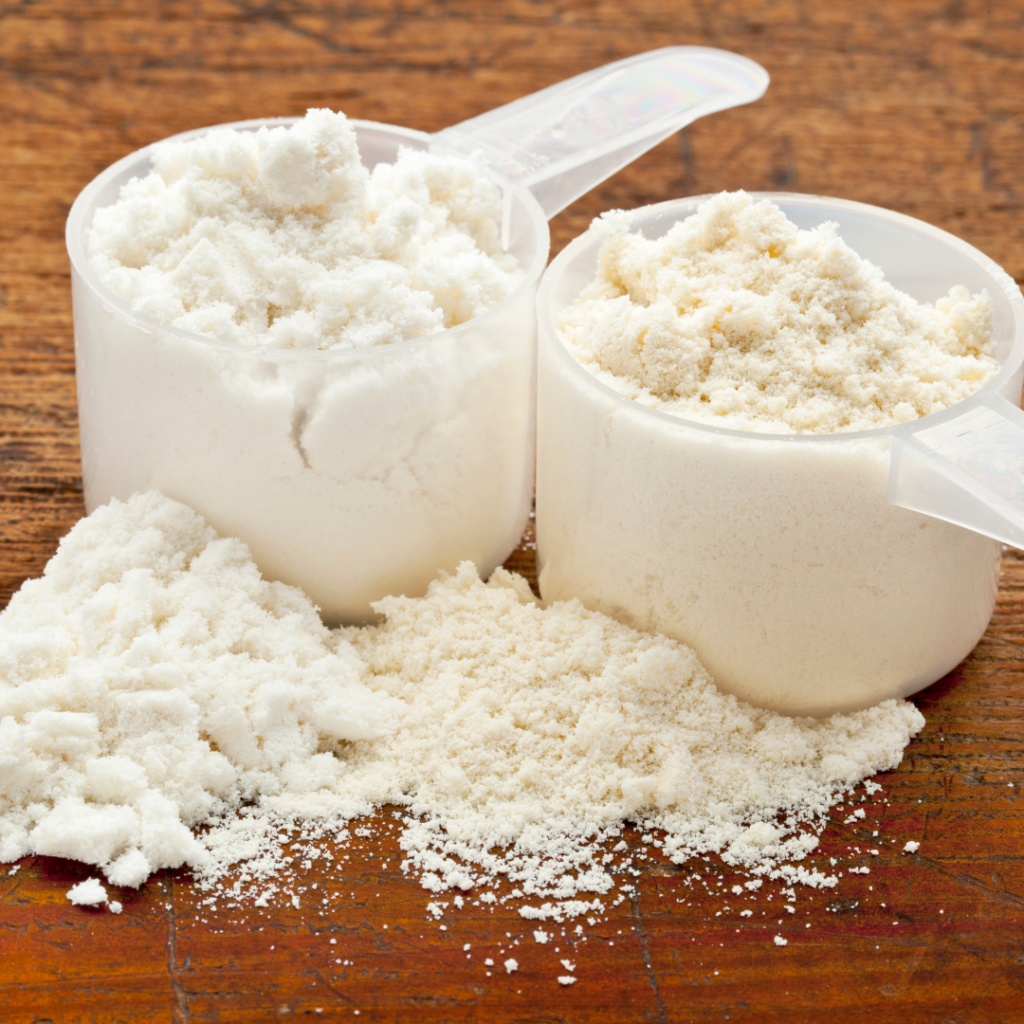In the summer, several conditions related to electrolyte imbalance can occur due to increased sweating and dehydration. Here are some common electrolyte-related conditions to be aware of during the summer:
1. Dehydration:
 Dehydration occurs when the body loses more fluid than it takes in, leading to an imbalance in electrolytes like sodium and potassium.
Dehydration occurs when the body loses more fluid than it takes in, leading to an imbalance in electrolytes like sodium and potassium. Symptoms can include thirst, dry mouth, fatigue, dark-colored urine, and dizziness.
Symptoms can include thirst, dry mouth, fatigue, dark-colored urine, and dizziness.2. Heat Cramps:
 Cramps are painful muscle spasms that can occur during or after intense exercise in hot weather.
Cramps are painful muscle spasms that can occur during or after intense exercise in hot weather. They are often caused by an imbalance of electrolytes like sodium and potassium.
They are often caused by an imbalance of electrolytes like sodium and potassium.3. Heat Exhaustion:
 Exhaustion is a more severe form of heat-related illness and can result from prolonged exposure to high temperatures and inadequate fluid intake.
Exhaustion is a more severe form of heat-related illness and can result from prolonged exposure to high temperatures and inadequate fluid intake. Symptoms can include heavy sweating, rapid pulse, nausea, dizziness, and electrolyte imbalance.
Symptoms can include heavy sweating, rapid pulse, nausea, dizziness, and electrolyte imbalance.4. Stroke:
 Heat stroke is a life-threatening condition that occurs when the body’s temperature regulation fails, and body temperature rises to a dangerous level.
Heat stroke is a life-threatening condition that occurs when the body’s temperature regulation fails, and body temperature rises to a dangerous level. It can lead to severe electrolyte imbalance, organ damage, and even death if not treated promptly.
It can lead to severe electrolyte imbalance, organ damage, and even death if not treated promptly. Symptoms include high body temperature, altered mental state, rapid heartbeat, and unconsciousness.
Symptoms include high body temperature, altered mental state, rapid heartbeat, and unconsciousness.Prevention and Management:
 Stay Hydrated: Drink plenty of water throughout the day to replace lost fluids and electrolytes.
Stay Hydrated: Drink plenty of water throughout the day to replace lost fluids and electrolytes. Electrolyte Replacement: In addition to water, consider drinking electrolyte-rich beverages or sports drinks to replenish lost electrolytes.
Electrolyte Replacement: In addition to water, consider drinking electrolyte-rich beverages or sports drinks to replenish lost electrolytes. Avoid Excessive Sun Exposure: Limit time spent in direct sunlight, especially during the hottest part of the day, and wear protective clothing and sunscreen.
Avoid Excessive Sun Exposure: Limit time spent in direct sunlight, especially during the hottest part of the day, and wear protective clothing and sunscreen. Take Breaks: If engaging in outdoor activities or exercise, take frequent breaks in the shade and rest to avoid overheating and dehydration.
Take Breaks: If engaging in outdoor activities or exercise, take frequent breaks in the shade and rest to avoid overheating and dehydration. Listen to Your Body: Pay attention to signs of dehydration or heat-related illness and seek medical attention if symptoms worsen or do not improve.
Listen to Your Body: Pay attention to signs of dehydration or heat-related illness and seek medical attention if symptoms worsen or do not improve.It’s essential to be proactive in preventing electrolyte imbalance and heat-related illnesses by staying hydrated, maintaining electrolyte balance, and taking necessary precautions during the hot summer months.


